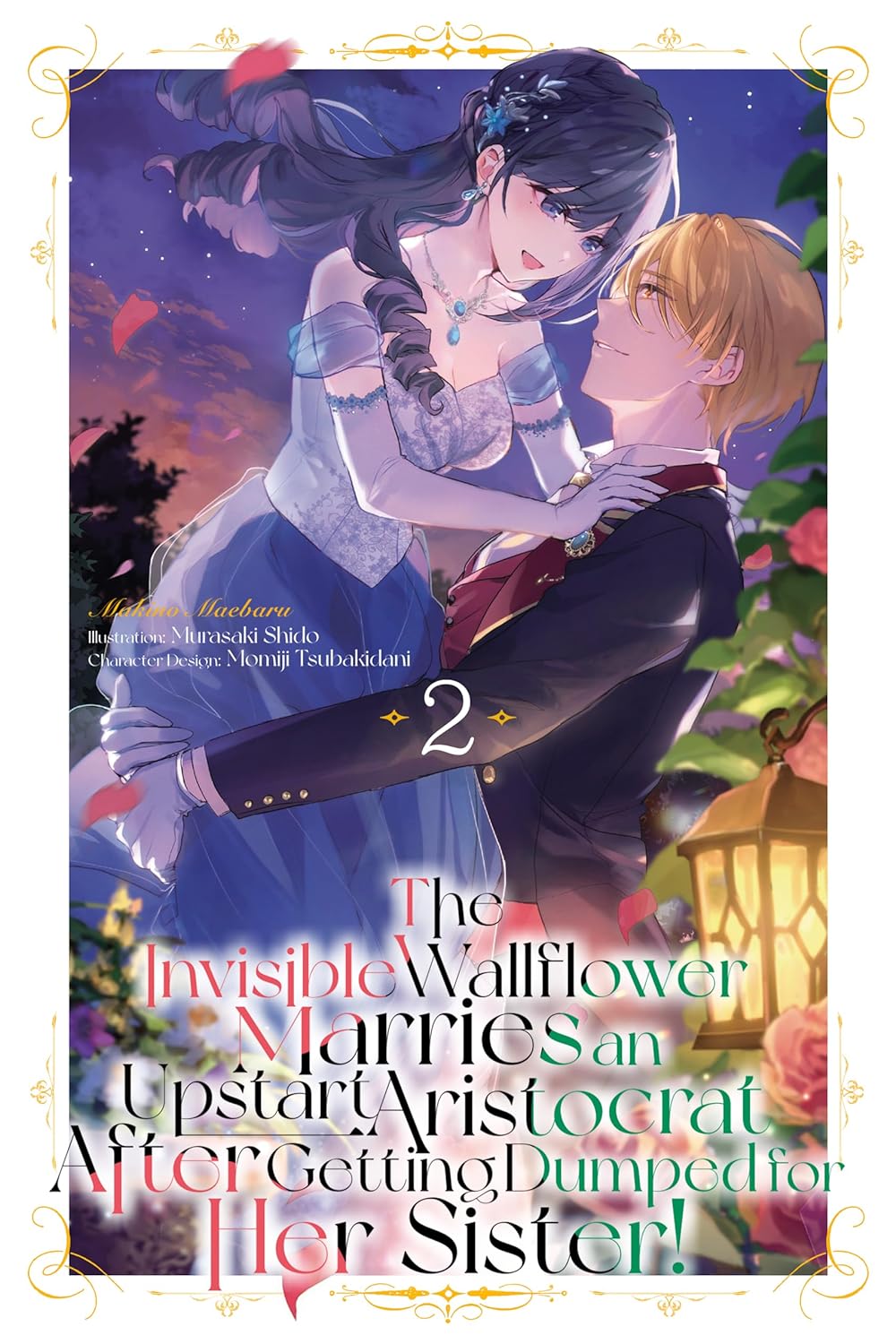By Makino Maebaru and Murasaki Shido. Released in Japan as “Kon’yaku Haki Sareta “Kūki” na Watashi, Nariagari no Dan’na-sama ni Totsugimashita” by Mag Garden Novels. Released in North America by Cross Infinite World. Translated by piyo.
Last time I said that I enjoyed a romance with a few jagged edges, and this second volume provides. In fact, it provides a bit too much. This volume features sexual assault, threats of sexual assault, past histories of both sexual assault and murder, drug addiction, forced drug addition, kidnappings, and use of sexual language to degrade. And that’s all just Mikhail. It’s less “jagged edges” now and more “the floor is lava”. At its heart, though, like so many of this genre, the story is about examining the aristocracy, the power that they hold over the working class, and how it can be abused without anyone knowing or caring. Now, eventually they do care, trust me. But it takes a lot of evidence, and it also requires Iris to endure a large amount of the above, all for the sake of her husband, who people still don’t trust. It’s a lot.
When we last left Iris and Lucas, she had gotten a letter from her sister, who basically wrote (in nearly illiterate script), “come do everything for my engagement party because I demand it”, which causes Iris to briefly have a bit of a breakdown. After this, though, she resolves to not only return to her family to help with her sister’s engagement party, but to use this opportunity to cut things off with her family once and for all. Which, of course, is tricky because the first prince is still determined to ruin Lucas, and the easiest way to do that is through Lucas’ new wife. Iris also has her work cut out for her: her dad is drunk and gambling away all his money, her stepmother hates her, and her sister is a jealous spoiled brat who can’t even read or write well. Oh yes, and there’s her ex-fiancé, Mikhail. See above.
How much you like this volume may depend how much you can tolerate “I will stoically endure for the sake of my future happiness”. The scene at Mikhail’s mansion is harrowing, and this is even with Iris taking guards and maids just in case. Her family’s dissoluteness turns out to have been engineered, which does not make her sympathetic to them, but it does mean that at least we don’t long to see them die horribly like, say, we long to see happen to Mikhail. There’s also a fake ending, as I wondered if the main conflict would be wrapped up 3/4 of the way through the book and the series would end with a consummation at last. But no, this series turns out to be three volumes, not two, and the main villain escapes so he can once again kidnap, threaten, and exude his sexist fantasies at Iris. Worst of all, he’s not killed off (at least not on the page), so I suspect he’ll be back.
This is a good series, and Iris and Lucas’ romance is very well done. But man, there’s a lot of stuff to endure here. Jagged edges are best in moderation.


